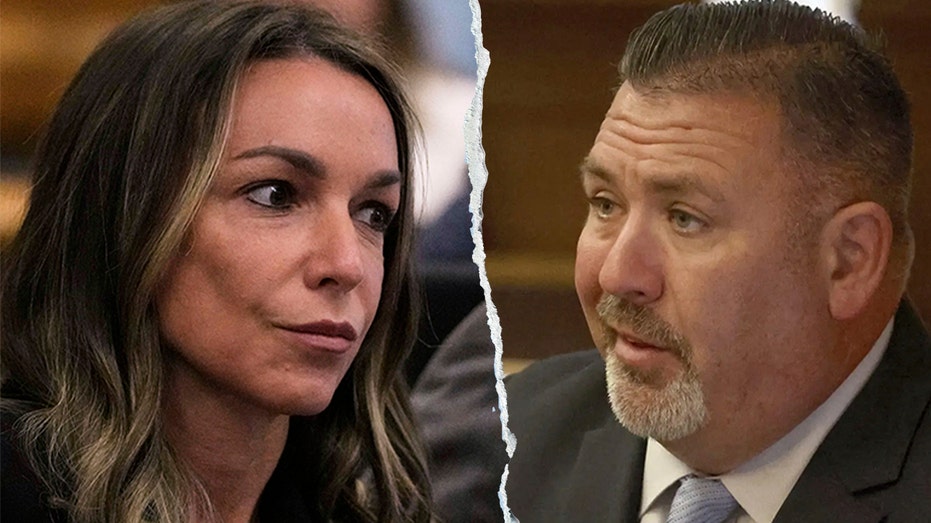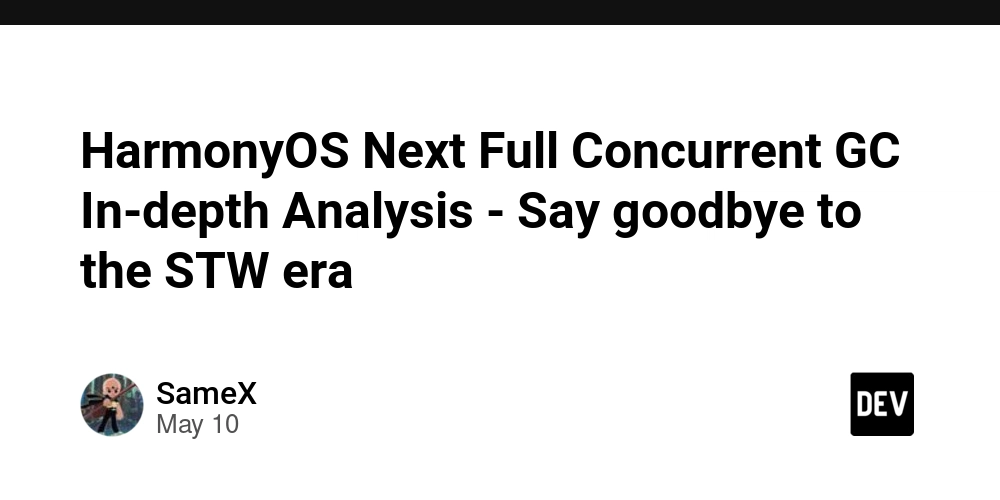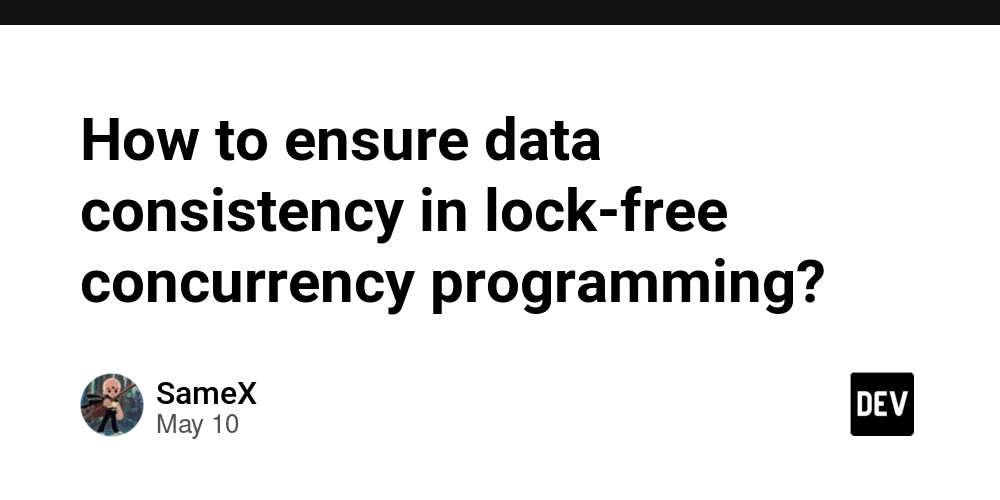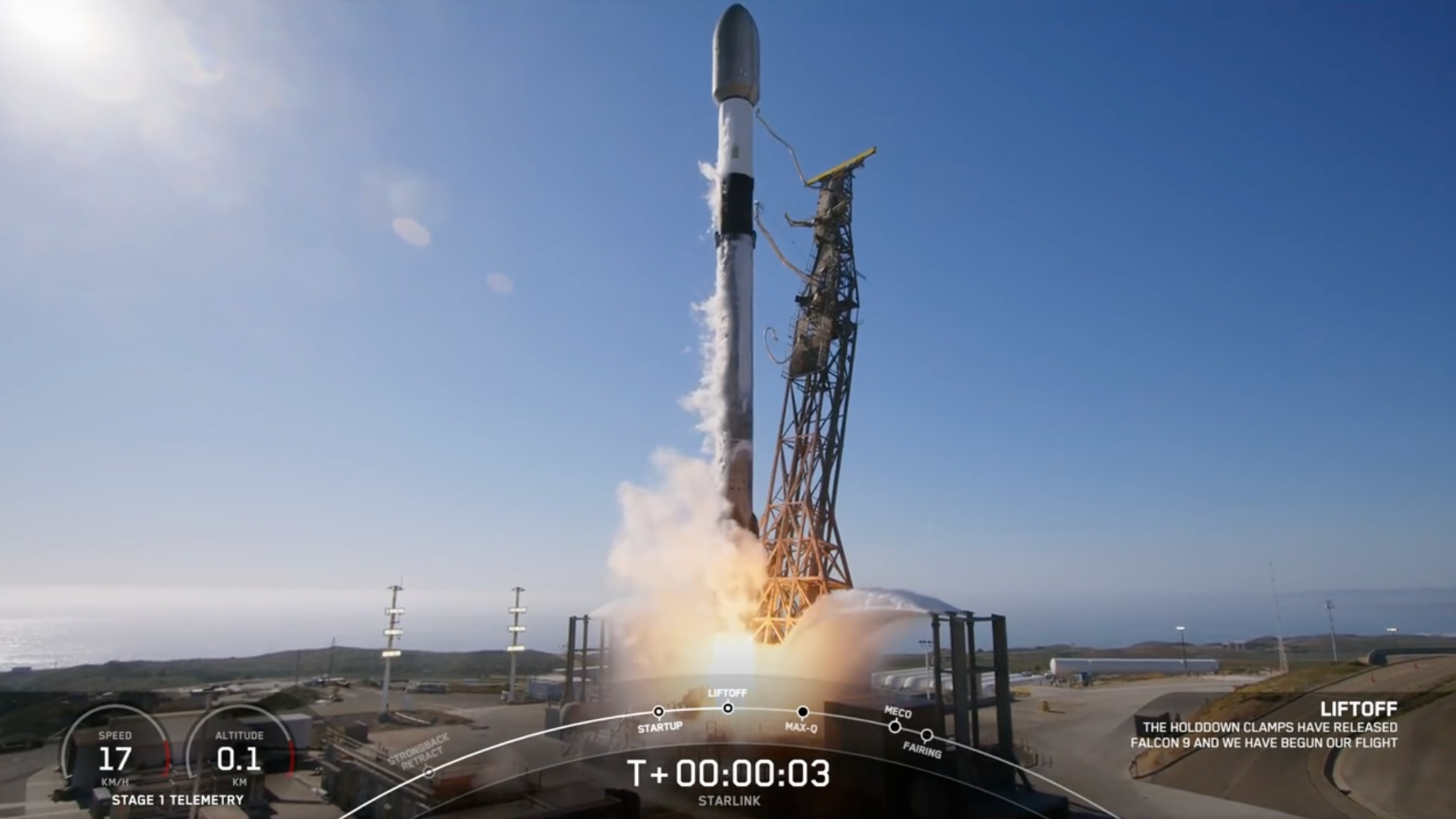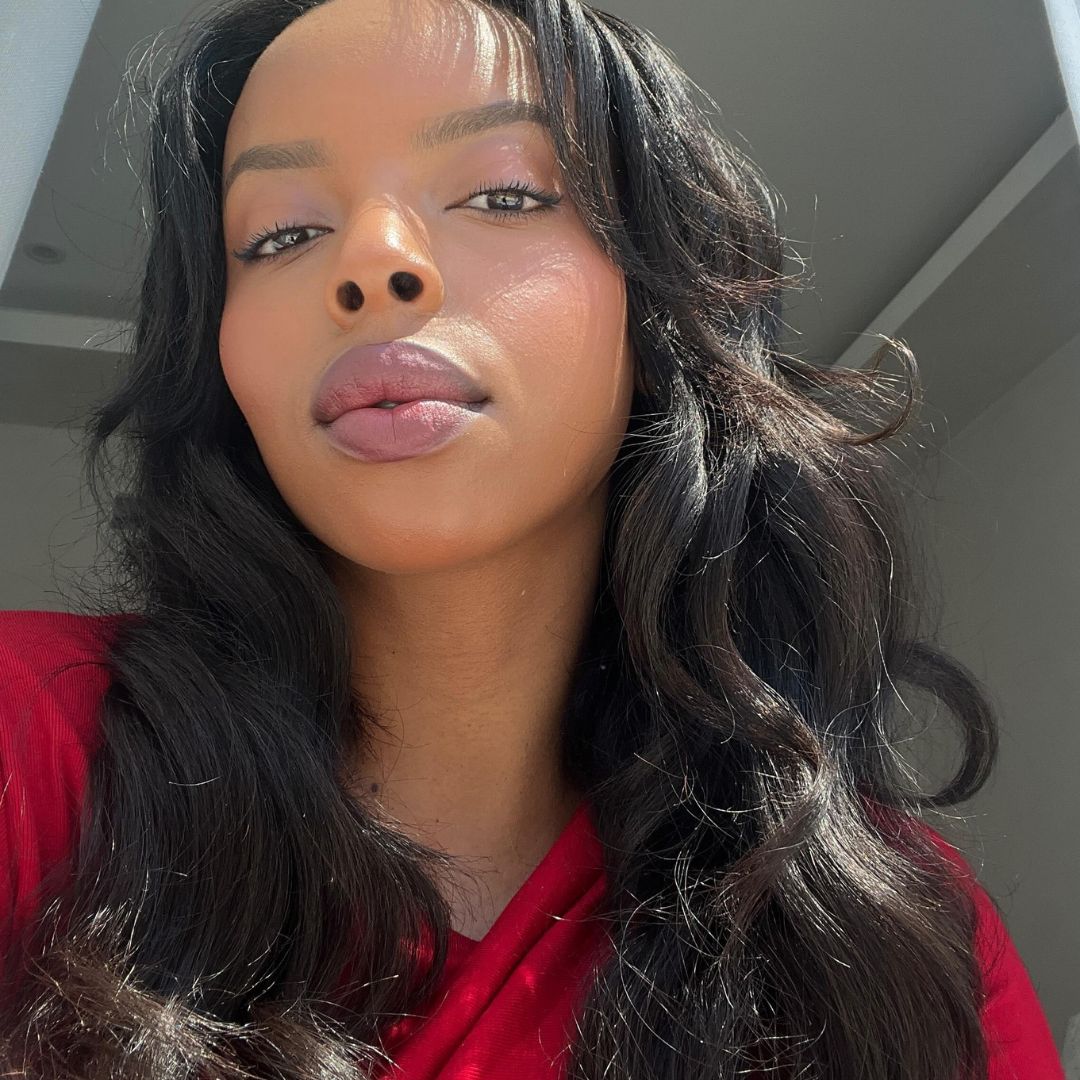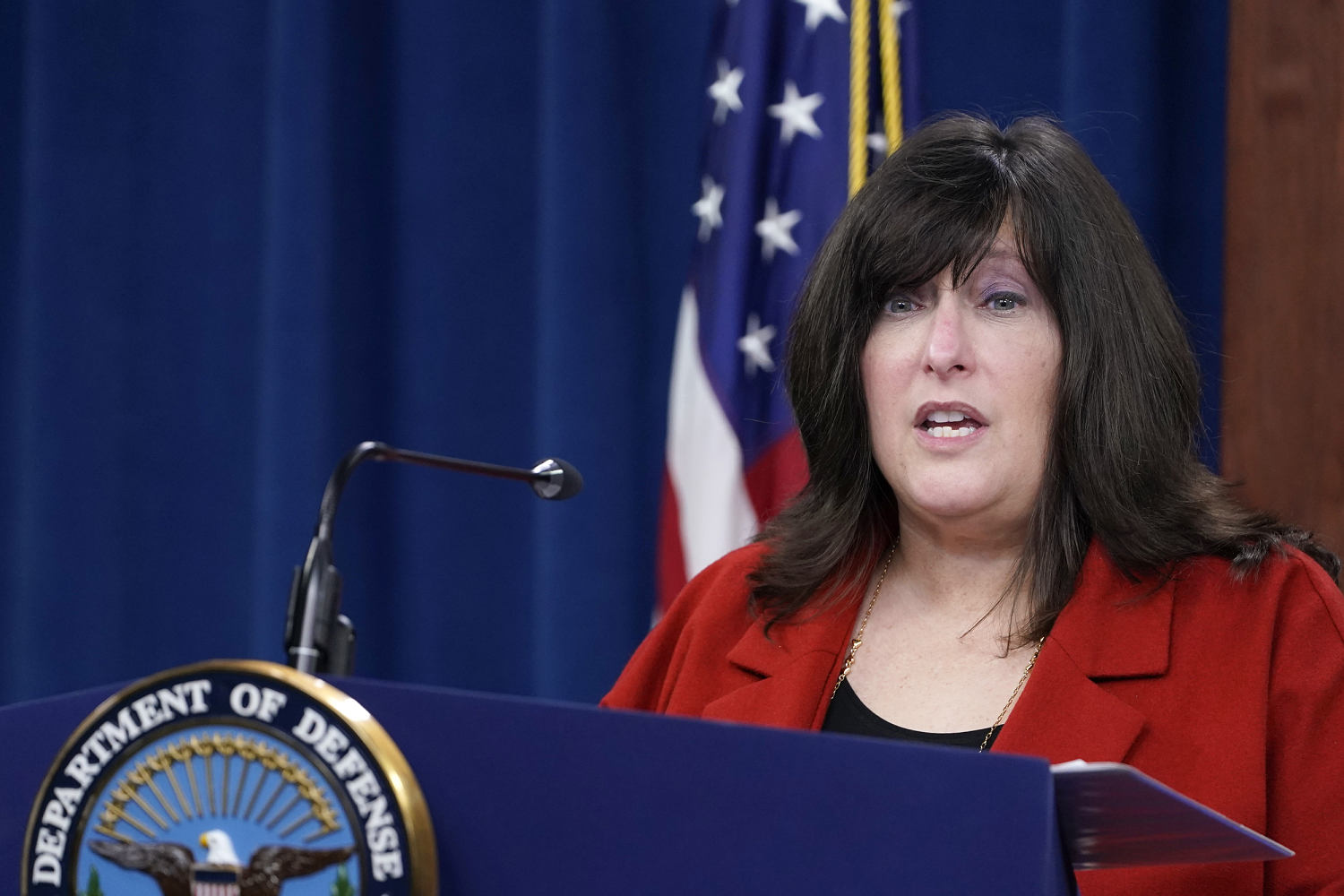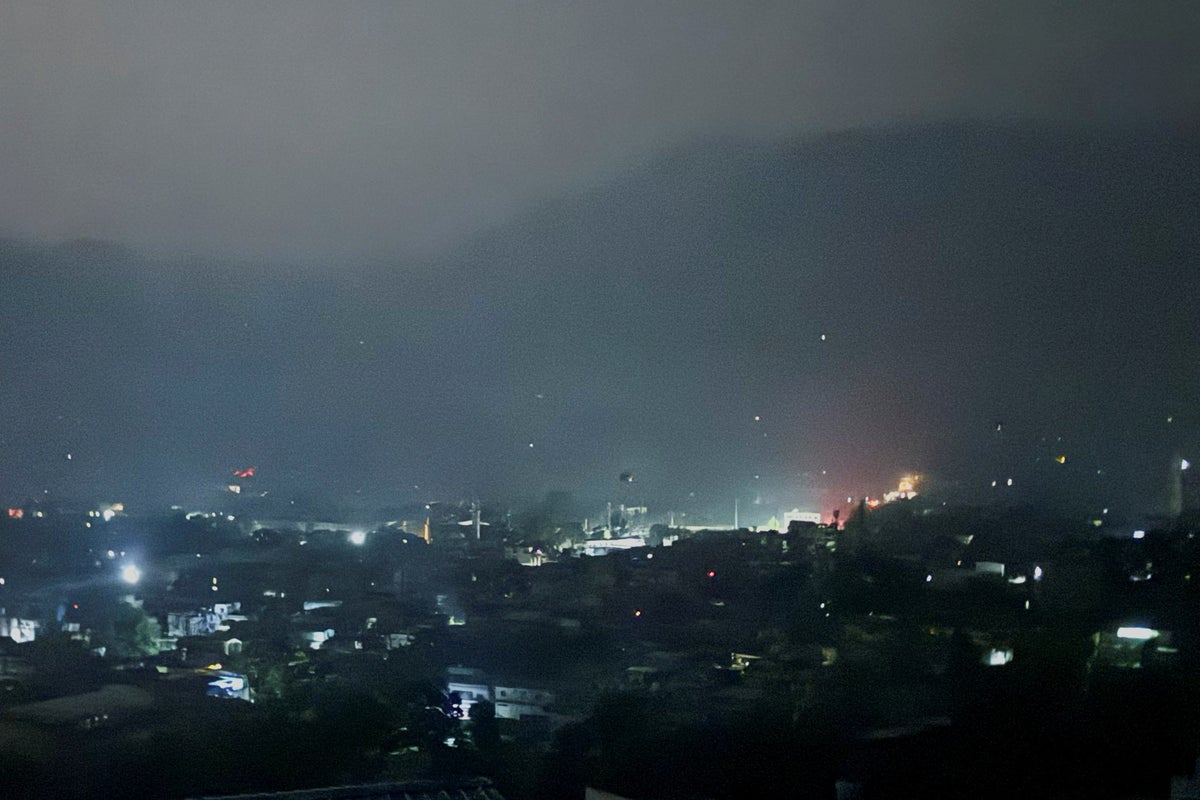African investors pitch Trump tumult as potential turning point
BEVERLY HILLS, Calif. — African investors see opportunity in the chaos of President Trump’s return to the White House, despite the pain caused by his foreign aid cuts and whiplash tariff decisions. That was the message from Vice Adm. Issah Adam Yakubu, the former chief of staff of Ghana’s navy, who spoke at the Milken...

BEVERLY HILLS, Calif. — African investors see opportunity in the chaos of President Trump’s return to the White House, despite the pain caused by his foreign aid cuts and whiplash tariff decisions.
That was the message from Vice Adm. Issah Adam Yakubu, the former chief of staff of Ghana’s navy, who spoke at the Milken Institute Conference in Los Angeles this week.
“I have coined a term: Acquired Aid Addiction Syndrome,” Yakubu told a packed room for the panel titled “Securing Africa’s Future.” He said foreign charity was not the answer to Africa’s challenges.
“That never will help us. What we need is trade — fair trade. Aid does not make us resilient, it kills our resilience. … It’s like a virus eating you up.”
While the continent is reeling from the termination of billions of dollars in U.S. assistance for health, education, social and life-sustaining programs, investors pitching the crowd at Milken tried to shift the narrative — talking about new partnerships and opportunities for growth.
Yakubu wants to educate the next generation of Africans about professional opportunities at sea, and as a first-time attendee to the conference, is looking to make connections to help grow his nonprofit think tank, the Gulf of Guinea Maritime Institute.
The Milken confab draws a tony crowd. Some access fees start at $25,000, in exchange for an opportunity to mingle among a group of high-powered CEOs, government officials, philanthropists, scientists, investors, nonprofit leaders — and members of the media.
“The most important is networking to be able to meet people, particularly those who can support our initiatives,” Yakubu told The Hill in a short interview.
“What I want to get from the conference is to have a global view of what to expect in the next 2-3 years so that we can prepare ourselves for that.”
The uncertainty surrounding the Trump administration’s economic agenda was a center point of conversations at the conference.
Treasury Department Secretary Scott Bessent tried to calm nerves in the crowd Tuesday, explaining the administration’s three goals — trade, tax cuts and deregulation — were mutually reinforcing and increase the strength of capital for American businesses.
Africa, like the rest of the world, is under Trump's 10 percent global tariff. But Lesotho, Madagascar and South Africa, in particular, are in the crosshairs of Trump's "reciprocal" tariff policy, which is temporarily paused. Those countries are facing 50 percent, 47 percent and 30 percent tariffs, respectively, unless new trade deals are struck.
The mood at Milken was optimistic.
Chidi Blyden, who served as deputy assistant secretary of Defense for African affairs during the Biden administration, recently opened Culturally Bound, a strategic consulting firm advising on development, security and investment in Africa.
“We got the message that we can still go and invest in Africa, and I still will go and invest in Africa, from its talent to critical minerals,” Blyden said in an interview with The Hill on the sidelines of the summit. “But what I've done now is I've created a small business to go out and provide advisory services in the private sector.”
Blyden was most recently the deputy CEO of the Millennium Challenge Corporation (MCC) — the U.S. government agency known for its infrastructure projects that promoted economic growth, which the Trump administration shut down.
She argued the MCC was one of the best tools to deepen U.S. ties with African countries with the potential to expand abroad, and box out China economically.
“It's not clear right now how the average small business can get into the spaces, I am optimistic that this administration will create funnels and opportunities,” she said.
There are 54 countries on the continent, all with distinct opportunities and challenges. It’s also a massive and growing workforce and retail market — by 2050, 1 in 4 people on the planet will be African.
Yet there remain enormous barriers to entry for foreign businesses and investment, from corruption to lack of infrastructure, stalled or slow economic growth, violence and humanitarian crises.
Comfort Ero, president and CEO of the International Crisis Group, cautioned that economic dealmaking would not resolve some of the entrenched conflicts facing the continent.
“If I thought you could use a mineral deal to end decades of war, then there’s lots of countries that I imagine would have been fixed already,” Ero said on the African panel at Milken.
She was referring to a potential deal between Washington and the Democratic Republic of Congo, looking to trade mineral wealth for security guarantees. Just last week, Washington inked the framework of a minerals deal with Ukraine, though avoided making any firm commitments on security.
The Congo deal is being formulated as a way to end fighting in eastern Congo with the M23 rebel militia, backed by Rwanda — although a mix of rebel groups are active in the region. Last month, Secretary of State Marco Rubio convened the foreign ministers of Congo and Rwanda to sign a declaration of principles expressing intent to come to a resolution.
Ero said the movement toward peace talks is an important step.
“What it doesn't address is why we've got excessive back-and-forth fighting in the east of the Congo. What it doesn't address is disarmament of militias. What it doesn't address is the insecurity concerns of Kinshasa. And it doesn't address the insecurity concerns of Kigali as well,” she said.
“So I think you can strike a deal that takes out the resources of the country, but if it doesn't deal with the fundamentals, then that's a problem.”
One executive attending the conference, who was granted anonymity to offer a personal view, described a “disconnect” between developments in Washington and the tone in California.
“I found the voices at Milken to be very booster-ish and far more positive than the mood in Washington to me. There felt like a real disconnect,” the executive said.
“I don't discount what I was hearing at Milken. It was, to me, quite useful as a little bit of a level-set. … People are just, keeping on, keeping on.”
While U.S. aid may not be the answer for Africa’s economic future, the executive noted there are “a lot of lives depending” on continued humanitarian support. Rubio has insisted lifesaving programs will continue despite deep cuts to the United States Agency for International Development.
Trump’s cuts to foreign aid for the continent — in particular for HIV/AIDS prevention programs, the suspension of the Prosper Africa initiative and the likely termination of the African Growth and Opportunity Act — are likely to strain ties with the continent. The U.S. also plans to cut $555 million in funding to the African Development Bank.
The administration has not signaled it's going to end support pledged during the Biden administration for the Lobito corridor — a major infrastructure project to move mined minerals from the Congo through Zambia to Angola's Atlantic coast.
One African investor, who asked for anonymity because he did not want to speak on behalf of his company, said the U.S. aid cuts were a gut punch to African leaders and communities.
“I spend a lot of time with authorities across Africa, what all of them were saying … every time they get in the room with the U.S., there was some sort of almost deference to the U.S. because of what the U.S. was doing in terms of programs. … Wll of them are now wondering how are they going to be able to fill the gap,” the investor said.
But the investor said a global economic downturn would be more damaging in terms of his work, which includes philanthropy.
“We know as trade goes down, then there’s a chance that the global economy will also slow down, and that will have an implication on commodity prices, and Africa is seen as a commodity exporter,” they said.
“African assets might look less attractive just based on that.”
Laura Kelly received a complimentary press pass to the conference.


